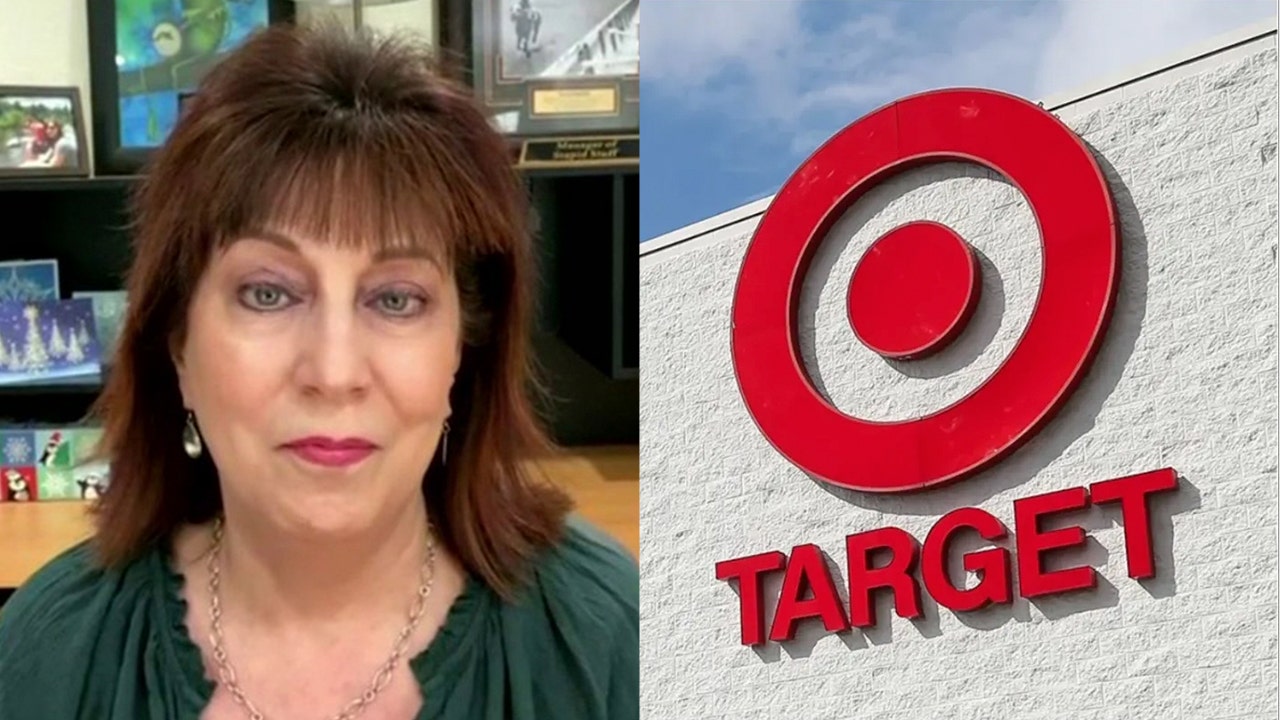Gold Supporter
- Messages
- 24,571
- Reactions
- 37,297

Victim warns 'card draining' scam affecting major retailers left her gift card useless: It 'shocked' me
Suzanne Gdovic warned "Fox & Friends First" viewers about the shady methods fraudsters are using to scam money from store gift cards after she lost $200.











